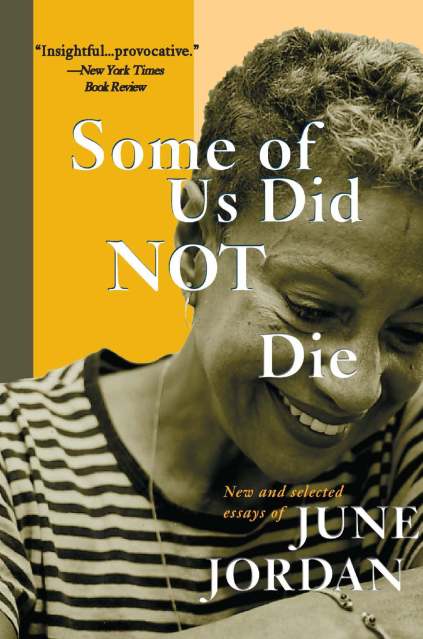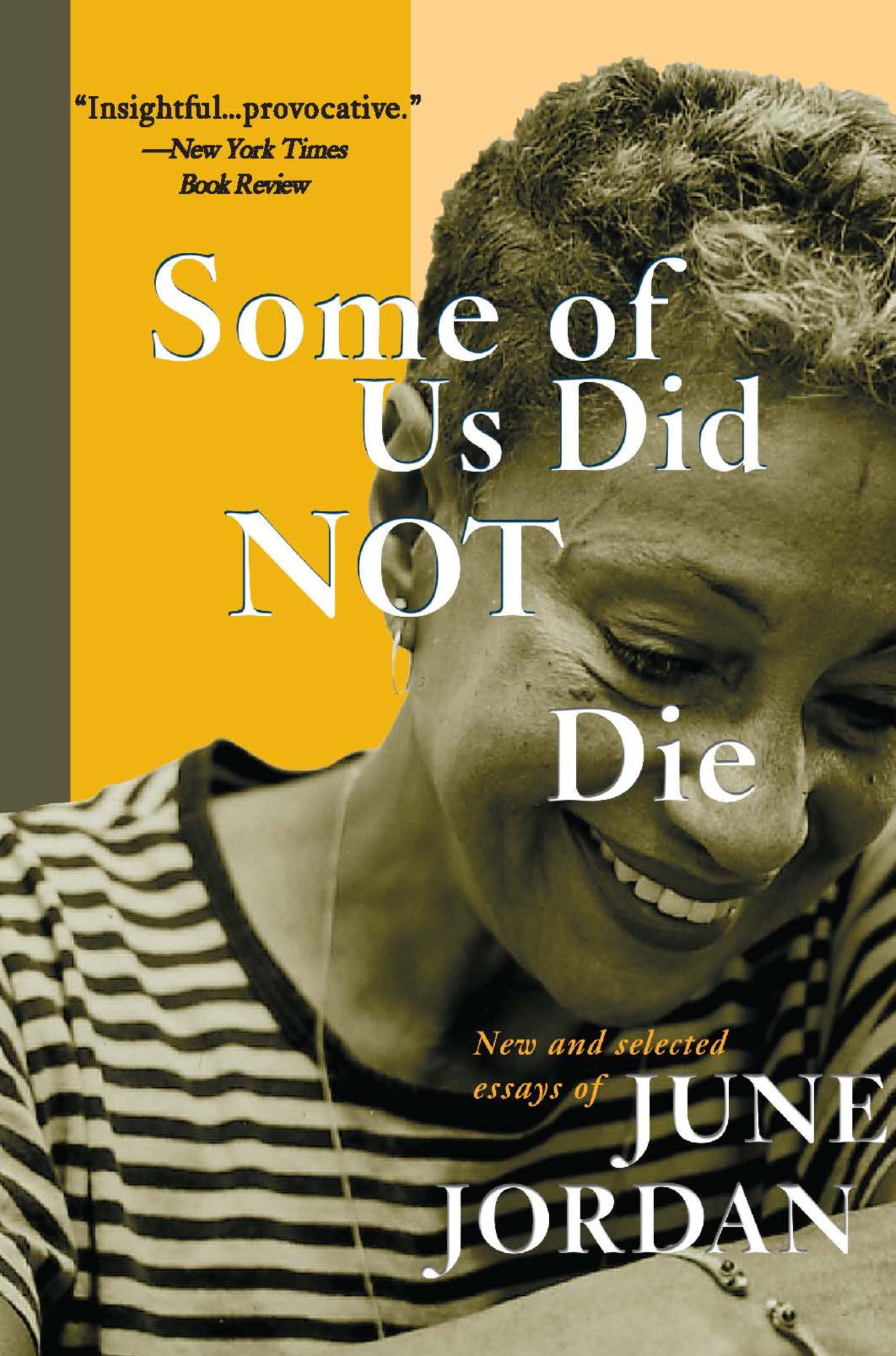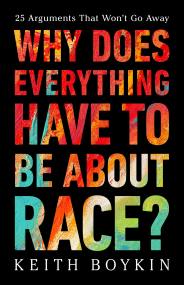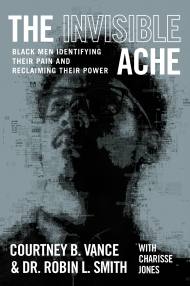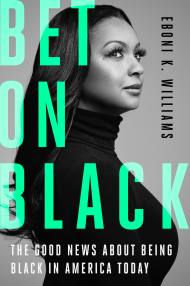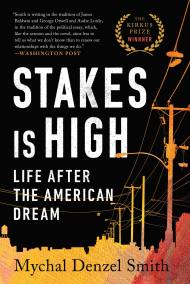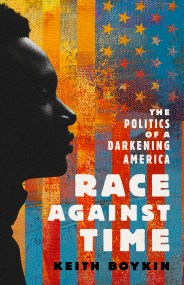Promotion
Use code MOM24 for 20% off site wide + free shipping over $45
Some Of Us Did Not Die: Selected Essays
New and Selected Essays
Contributors
By June Jordan
Formats and Prices
Price
$9.99Price
$12.99 CADFormat
Format:
- ebook $9.99 $12.99 CAD
- Trade Paperback $21.99 $28.99 CAD
This item is a preorder. Your payment method will be charged immediately, and the product is expected to ship on or around August 5, 2009. This date is subject to change due to shipping delays beyond our control.
Also available from:
“Forty years of tireless activism coupled with and fueled by flawless art.” —Toni Morrison
Some of Us Did Not Die brings together the seminal essays of June Jordan, the widely acclaimed Black American writer known for her fierce commitment to human rights and political activism. Spanning the length of her extraordinary career, and including her last writings, the essays in this collection reveal Jordan as an incisive analyst of injustice, democracy, and literature. Willing to venture into the most painful contradictions of culture and politics, Jordan comes back with lyrical honesty, wit, and wide-ranging intelligence that resonates sharply to this day.
Some of Us Did Not Die brings together the seminal essays of June Jordan, the widely acclaimed Black American writer known for her fierce commitment to human rights and political activism. Spanning the length of her extraordinary career, and including her last writings, the essays in this collection reveal Jordan as an incisive analyst of injustice, democracy, and literature. Willing to venture into the most painful contradictions of culture and politics, Jordan comes back with lyrical honesty, wit, and wide-ranging intelligence that resonates sharply to this day.
Genre:
-
“Insightful…provocative.”New York Times
-
“A provocative and personal collection of essays from “one of America’s fiercest literary figures and social activists…the hope of a generation."Ms. Magazine
-
“These selections offer real riches from Jordan’s mind and heart, essays that weigh and assess and which, even after her death, express her resilient credo, ‘Not yet/big bird of prey/not yet.'"Reamy Jansen, San Francisco Chronicle
-
“Astonishingly powerful.”Matthew Rothschild, The Progressive
-
“A powerful voice…Jordan’s life and work is about quintessential American ideals of justice and resistance to tyranny. When rendered from a female African-American point of view that champions the disenfranchised, those ideals take on a special cast…Even in death, she has a voice that is committed and unafraid.”Atlanta Journal Constitution
-
“Writer, activist, and professor June Jordan’s final essay collection serves as a barometer for the last four decades of radical humanitarian thought. Jordan’s days were spent in constant revelation. Read her words, risk your own unveiling.”David Mills, The Village Voice
-
“Whatever her theme or mode, June Jordan continually delineates the conditions of survival—of the body, and mind, and the heart.”Adrienne Rich
-
“Jordan makes us think of Akhmatova, of Neruda. She is among the bravest of us, the most outraged. She feels for all. She is the universal poet.”Alice Walker
- On Sale
- Aug 5, 2009
- Page Count
- 320 pages
- Publisher
- Civitas Books
- ISBN-13
- 9780786751167
Newsletter Signup
By clicking ‘Sign Up,’ I acknowledge that I have read and agree to Hachette Book Group’s Privacy Policy and Terms of Use
